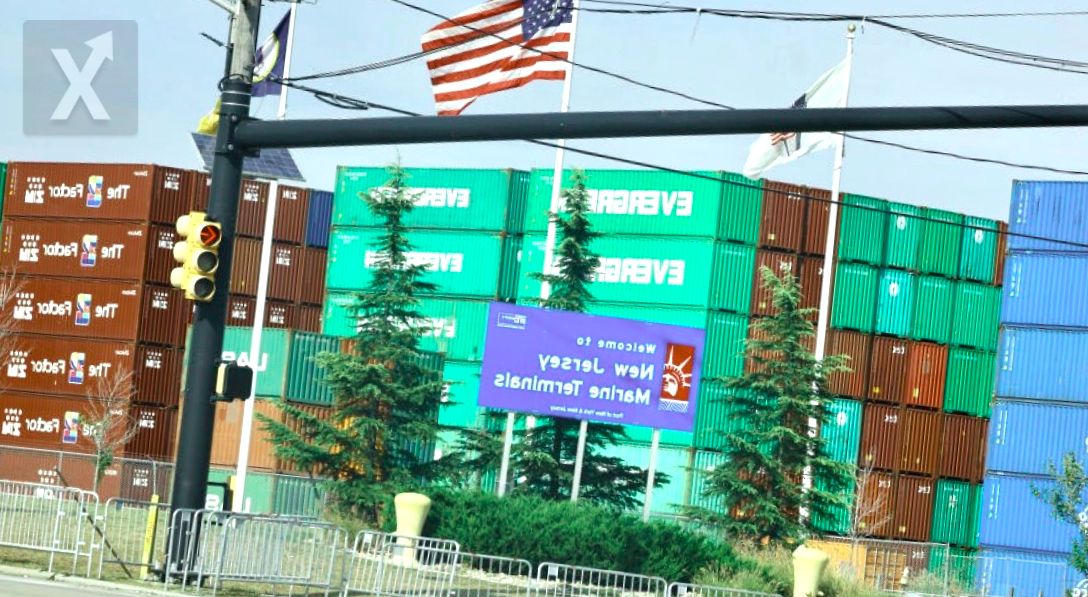Impact of Tariffs on Small Businesses: Insights for the Mexican Economy

The recent international debate on tariffs has brought the vulnerability of small and medium-sized enterprises (SMEs) to the forefront, both in the United States and in any economy that is highly integrated into global value chains, such as Mexico. In the United States, increased tariffs on imported inputs and products have caused uncertainty, higher costs, and logistical challenges, impacting primarily family-owned and manufacturing businesses with limited capacity to adapt. This situation offers important lessons for Mexico’s economic landscape, especially given its proximity to and strong commercial interdependence with the U.S. market.
In Mexico, 99.8% of all businesses are micro, small, and medium-sized enterprises, according to data from the National Institute of Statistics and Geography (INEGI). Many of these companies are actively involved in cross-border supply chains, particularly since the United States-Mexico-Canada Agreement (USMCA) came into effect. A sudden shift in North American tariff policies can have immediate consequences on the Mexican manufacturing sector—from the automotive industry to footwear and apparel—where foreign inputs and components are often hard to replace locally.
Recent experience north of the border has revealed the narrow operating margins of many SMEs. Unexpected increases in the cost of imported inputs can lead to cash flow issues, reduced orders, loss of clients, or even permanent closures. These dynamics impact formal employment, the capacity for innovation, and regional growth. In Mexico, these risks are magnified by limited access to financing and the high export dependence of key sectors.
Uncertainty also poses a significant challenge. Faced with the possibility of sudden changes to tariff rules, many businesses encounter obstacles in guaranteeing prices and delivery times to their customers—a situation made worse by the complexities of global logistics. In this context, diversifying suppliers, localizing production chains, and investing in innovation become essential strategies, although they are difficult to implement immediately for many Mexican SMEs.
Additionally, tariffs create collateral effects, such as reduced international partnerships and damage to business reputation. The perception of an unstable business environment can discourage investment and hinder access to new markets, ultimately limiting the growth potential of SMEs.
In response to these challenges, it is essential for the Mexican economy to strengthen regional integration, foster innovation, and promote the development of domestic suppliers. Moreover, maintaining close dialogue with U.S. authorities within the framework of the USMCA will be crucial to anticipate and mitigate risks stemming from protectionist trade policies.
In conclusion, the experience of U.S. SMEs in the face of rising tariffs serves as a warning about the risks of trade volatility, especially for sectors with little room to maneuver. For Mexico, mitigating these threats requires not only effective management of the global environment but also the structural strengthening of local businesses, which are the backbone of the national economy.





